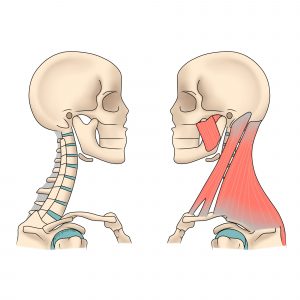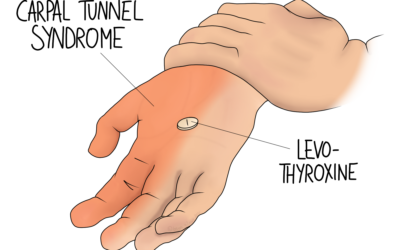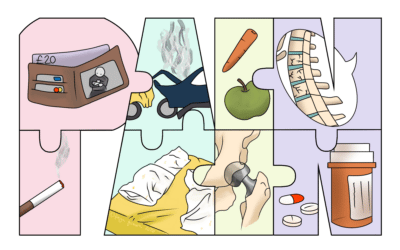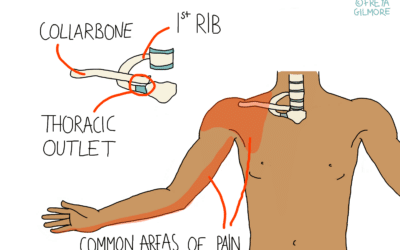Acupuncture
Acupuncture, or dry needling is an effective therapy to treat muscular tension and spasms
What is Acupuncture?
Dry needling is also commonly known as Western Acupuncture. It is often used within osteopathic appointments as an effective therapy to treat muscular tension and spasms, which commonly accompany conditions such as arthritis, nerve irritation, muscular strain, ligament strains and herniated discs.
When performing dry needling, a very small, thin, solid filament needle is inserted in a contracted muscle to create a local twitch reflex. This is both diagnostic and therapeutic, as it is the first step in breaking the pain cycle.
Research shows that this will decrease muscle contraction, reduce chemical irritation, and decrease pain.
Frequently asked questions about acupuncture
Where will the needles be inserted?
The needles are gently and painlessly inserted into what are known as ‘Acupuncture Points’ or ‘pressure points’. These ‘points’ are carefully selected for you by the practitioner.
Is Acupuncture Safe?
Acupuncture is widely regarded as a safe and reliable therapeutic modality in today’s Clinic.
Are the needles sterile?
All needles are gas or gamma sterilised and have clear ‘best-before’ information. They are also designed to be disposed of after a single application.
Does Acupuncture hurt?
Acupuncture needles are hair-fine with a point configuration similar to that of a bullet. Great care is taken when inserting, so Acupuncture needles will not damage the structures beneath the skin.
Price list
Initial treatment
Follow up treatment
Book here
Read the latest on our blog
Find out more about how osteopathy and other treatments can help you manage and prevent injury and pain.
Effects of Hormones on Pain
Pain is complicated, and the way the brain interprets it is dependent on a vast number of different factors. Hormones are included in these factors, so it's important for your osteopath to know your full medical history. Inversely, sometimes pain is the first sign...
Chronic Pain
The word "chronic" is often misused to mean "intense". Its real meaning is about duration, and the medical definition of chronic pain is pain that lasts more than 3-6 months. The reason this milestone is significant is that it is longer than most physical injuries...
Thoracic Outlet Syndrome
Thoracic Outlet Syndrome (TOS) is an issue that causes pain and other symptoms in the shoulder and arm. It occurs when there is compression of blood vessels, nerves, or both. The compression happens at the thoracic outlet, which is a small space near where the collar...


















